On June 30, 2025, a progress symposium for the Ecological Agricultural Technology Innovation and Development Fund Project was held in the Main Building Conference Room of the East Campus of China Agricultural University (CAU). The event brought together industry, academia, and research stakeholders to summarize the 阶段性成果 of bio-activated zeolite technology in livestock farming and foster in-depth discussions. The applications of bio-activated zeolite technology were highly commended, with participants noting its potential to inject new momentum into the high-quality development of the livestock industry.
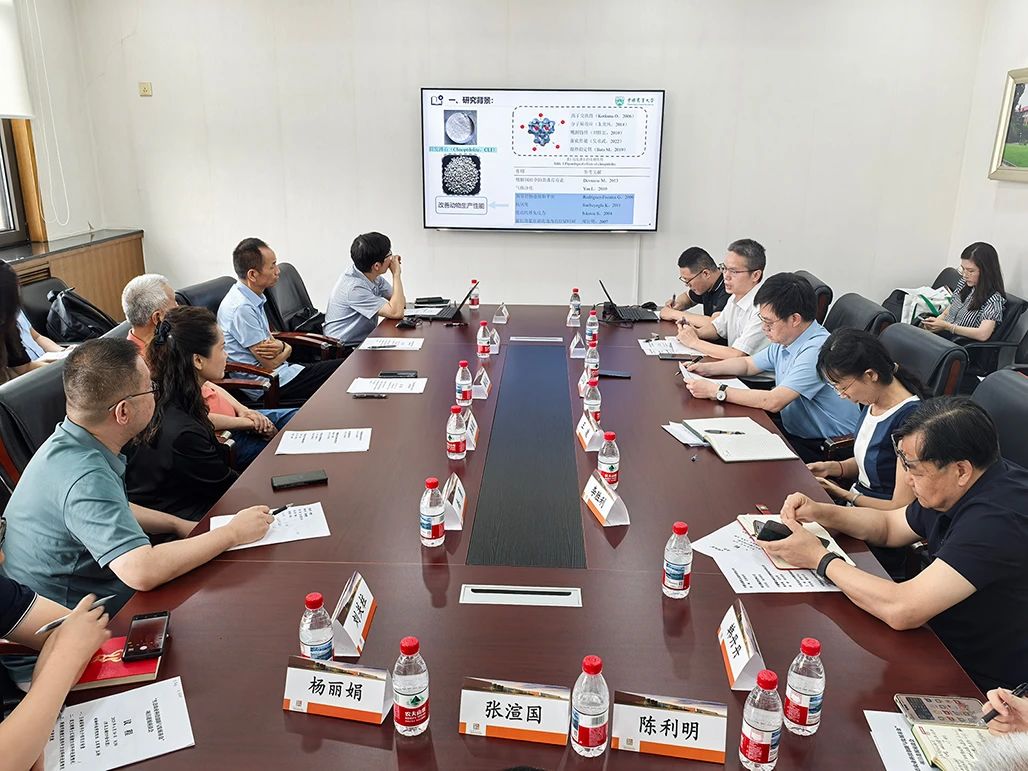
Chaired by Wang Junjun, Dean of the College of Animal Science and Technology at CAU, the symposium began with a project background overview by Wang Ling, Deputy Secretary-General of the China Agricultural University Education Foundation. In June 2024, Beijing Panbao Biotech Group and CAU jointly established the Ecological Agricultural Technology Innovation and Development Fund. The fund aims to conduct systematic scientific experiments and theoretical research on Panbao’s activated zeolite and 343 bio-enzyme chelation technology in ecological farming, supporting the construction of China’s ecological breeding "Four Zero Standards" (zero heavy metals, zero antibiotics, zero hormones, zero drug residues), improving industry efficiency, and addressing food safety issues at their source.
During the meeting, Dr. Wu Yujun from CAU’s College of Animal Science and Technology presented findings from the project "Effectiveness Evaluation of Bio-Activated Zeolite on Pig Growth and Health." Her team’s studies on pigs across different growth stages revealed that bio-activated zeolite exhibited multiple physical and biological properties. The technology significantly reduced the feed conversion ratio (FCR) in weaned piglets, improved feed efficiency, increased average daily gain (ADG) in finishing pigs, enhanced growth performance, reduced diarrhea rates, improved intestinal health, and boosted survival rates. It also showed potential to replace certain dietary elements. In finishing pigs, the technology optimized carcass traits and meat quality, marking a critical breakthrough.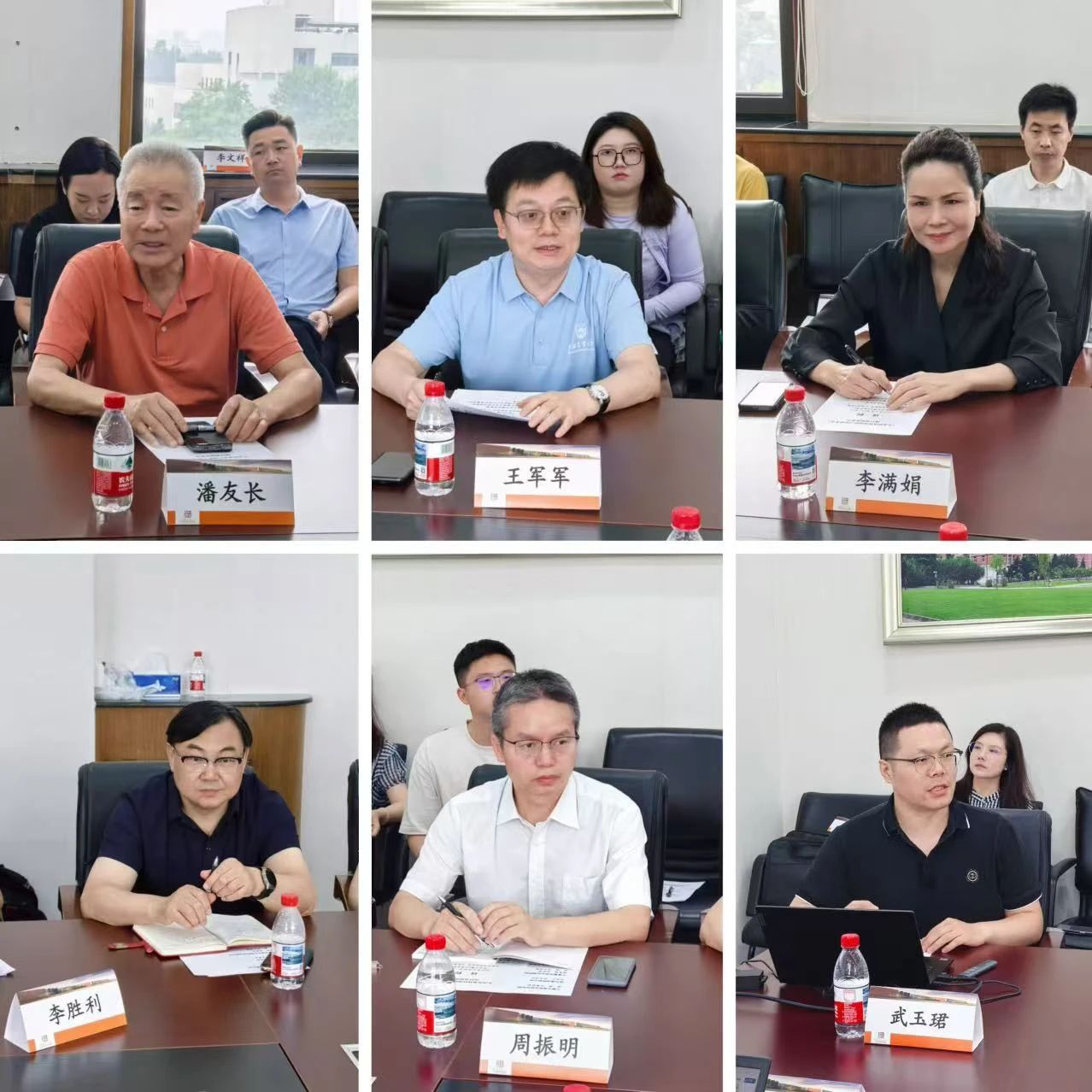
Next, Professor Zhou Zhenming, Director of CAU’s Beef Cattle Research Center, discussed "Effectiveness Evaluation of Bio-Activated Zeolite in Beef Cattle Production." Rigorous trials demonstrated that beef cattle supplemented with activated zeolite and bio-enzyme chelation technology showed superior growth performance, with improvements in weight gain, FCR, and health indicators. The team identified an optimal inclusion ratio through experiments, confirming its efficacy in enhancing feed conversion. The technology altered the rumen microbial flora structure, influencing rumen fermentation by significantly increasing isobutyric and valeric acid levels, while enhancing antioxidant and immune functions. Liu Guanzhu, Director of the Technology Department at Jilin Changchun 皓月 Group Feed Company, also shared insights into the technology’s applications in 皓月’s breeding, production, and processing systems.
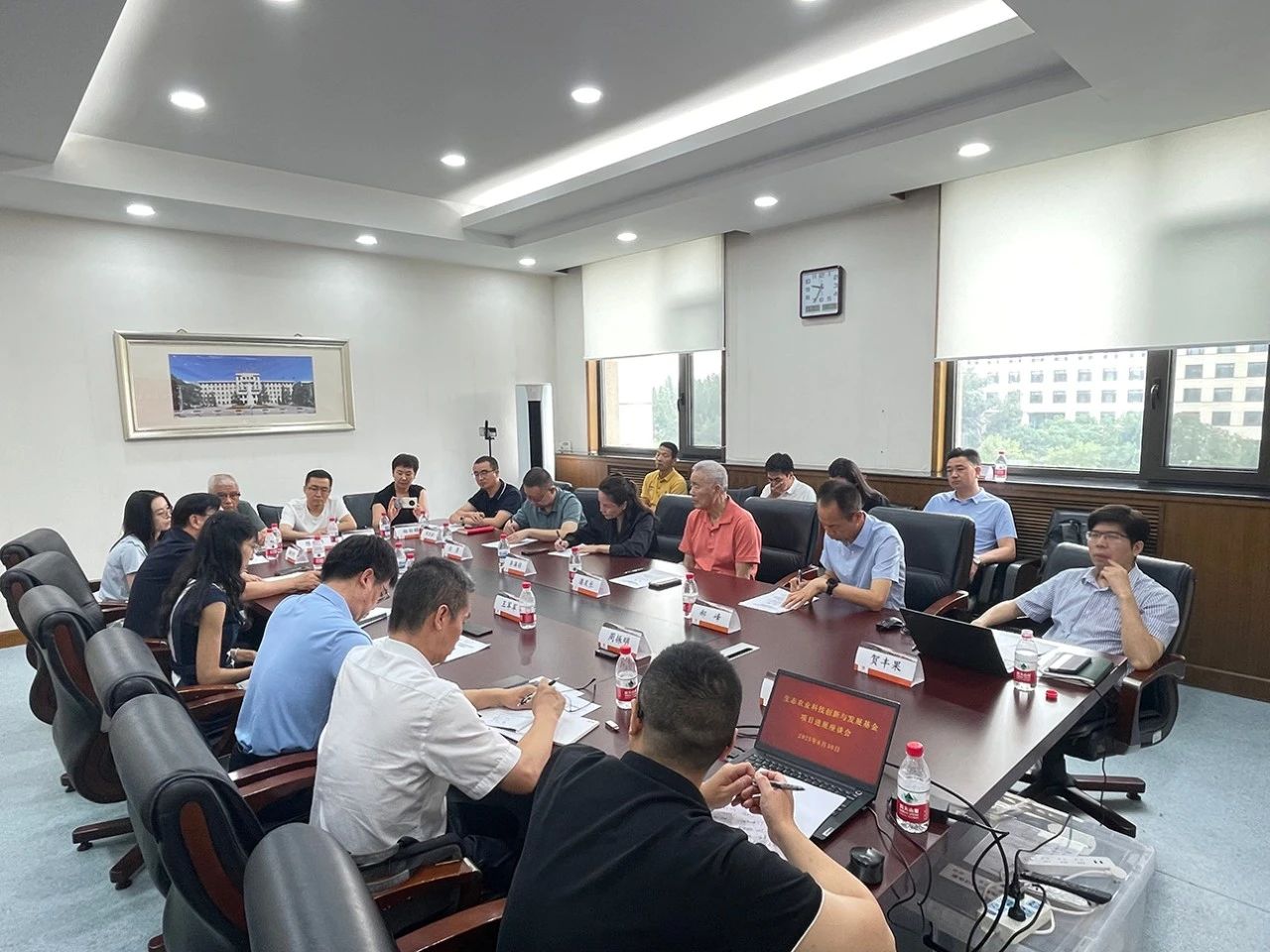
During the panel discussion, participants including Panbao Group Chairman Pan Youchang, President Li Manjuan, Zeolite Technology Research Institute Director Yue Yong, Ningxia State Farms Dairy Co. Chief Veterinarian Hao Feng, and CITIC Group’s Industry and Green Development Research Institute Director He Fengguo joined Professor Li Shengli, Chief Scientist of China’s National Dairy Industry Technology System. They explored how bio-activated zeolite technology could boost dairy cow productivity, improve quality, and reduce mortality and culling rates. Drawing on experimental data, they analyzed the technology’s mechanisms and proposed holistic solutions from interdisciplinary perspectives. Notably, Professor Li highlighted the observed reduction in methane emissions from cows using this technology, proposing a joint research initiative to address methane-related challenges. With livestock emissions being a global scientific hurdle—exemplified by New Zealand’s dairy expansion restrictions due to carbon limits—and China’s pressing dual carbon strategic goals, the urgency of advancing this technology was underscored. Panbao’s bio-activated zeolite technology offers a potential global solution to reduce livestock-related carbon emissions.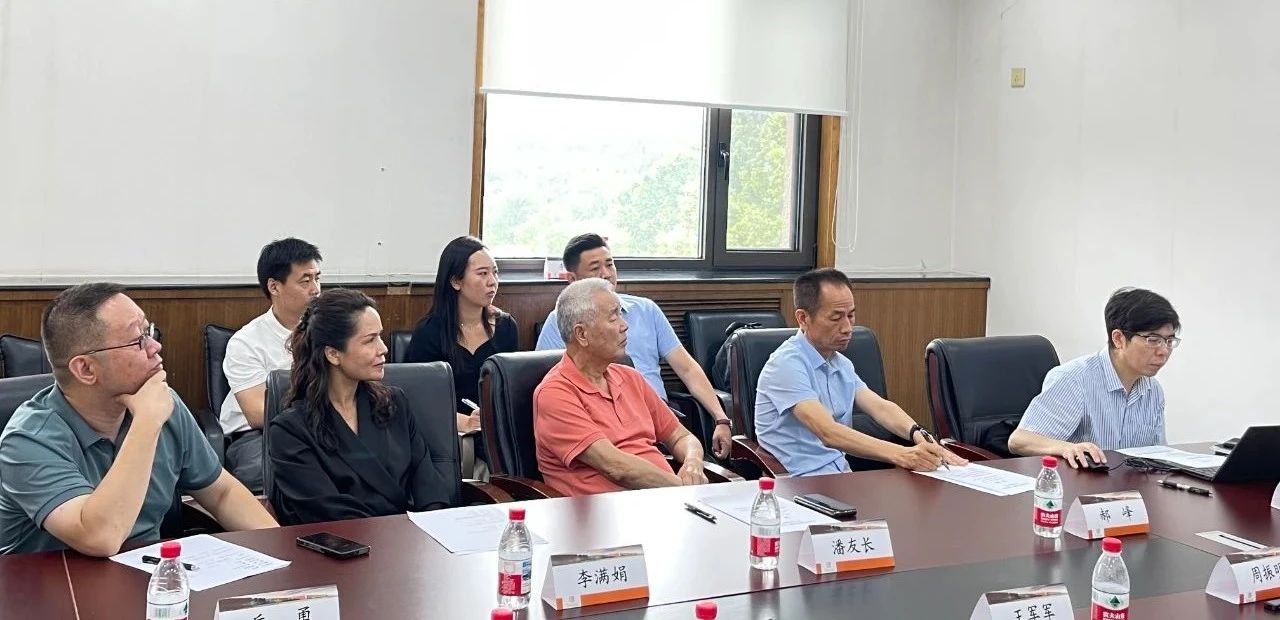
The symposium comprehensively showcased the efficacy of bio-activated zeolite technology in animal husbandry, laying a solid foundation for ecological agricultural innovation. The joint research team from CAU’s College of Animal Science and Panbao Group will continue refining and deepening studies on bio-activated zeolite, aiming to accelerate its adoption and maximize its value in safeguarding food safety at its origin.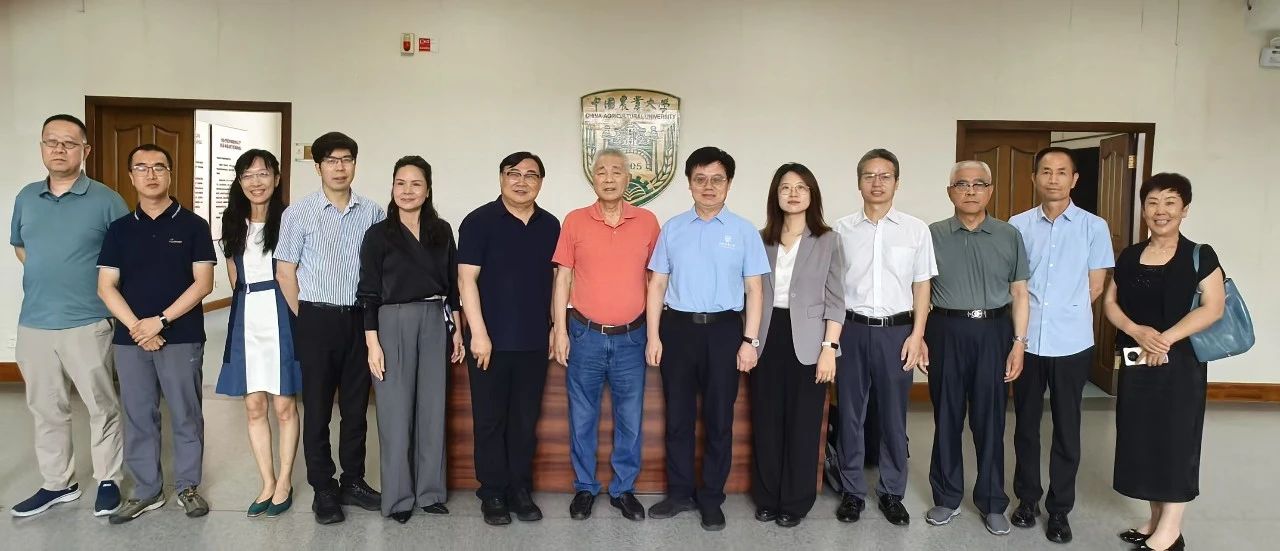
This translation maintains technical accuracy while adhering to academic and industry terminology standards, ensuring clarity for international readers.